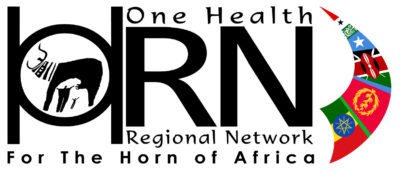Toxoplasma gondii is a protozoon parasite that causes serious foodborne zoonotic disease. Felids, especially cats, are definitive hosts of major importance to human and animal health worldwide. The major sources of infections are different in human populations with differences in culture and eating habits. Despite T. gondii being an important zoonotic pathogen, current knowledge of multiple disorders it causes in humans, its impact in animal production, its temporal and spatial distribution in Ethiopia, is limited. Thus, there is a need to collect accurate epidemiological data from human, animal populations, and environment to elucidate the relative importance of the various sources of infection for humans and animals in order to establish a control programme.
This study aims to determine the occurrence of T. gondii strains prevalent in meat, blood, milk, water samples; the genotype of T. gondii in a human population; and predict T. gondii load and distribution in the environment. To do this, we will explore the epidemiology and population diversity of T. gondii from human, animal products and the environment, and assess the potential risk factors of infection and transmission pathways to human and livestock in the study area.
A cross-sectional study will be conducted using convenient sampling techniques. Samples, including blood from human, and blood, milk, and tissue from animals (slaughtered cattle, sheep and goats), will be collected from Butajira and Addis Ababa. Oocyst will be recovered from soil, cat stool and water samples. Enzyme-Linked Immunosorbent Assay will be used to determine toxoplasmosis seroprevalence. DNA will be extracted, and PCR amplification and microsatellite genotyping methods will be used for detection and genetic characterization of circulating T. gondii strains. Clustering analysis will be conducted to evaluate the position of isolates towards reference strains.
The result will be used as an input to develop a comprehensive amenable control strategy in human, livestock and environment interface, and for public health policy makers in decision making process to prevent zoonotic transmission of T. gondii.
